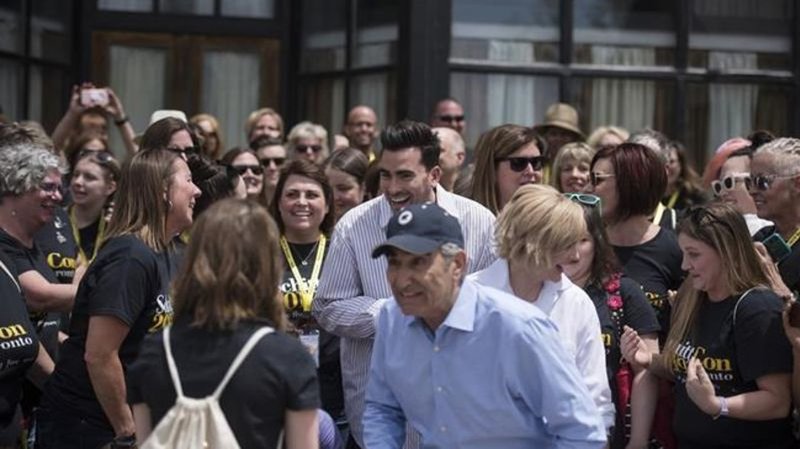
Year in review: A look at news events in September 2020
A look at news events in September 2020:
01 – The federal government recognized residential schools as a National Historic Event. Jonathan Wilkinson, minister responsible for historic sites and monuments, said history has to tackle tough subjects as well as happy events. Chief Dennis Meeches of the Long Plain First Nation said the band hopes to open a national residential school museum near Portage la Prairie, Man.
02 – The German government said Russian opposition leader Alexei Navalny had the Soviet-era nerve agent Novichok in his system — the same one that was used to poison former Russian spy Sergei Skripal and his daughter in Britain in 2018. Navalny’s supporters insisted he was deliberately poisoned and pointed the finger at the Kremlin, which scoffed at the accusations.
02 – Prime Minister Justin Trudeau dismissed any notion of replacing Gov. Gen. Julie Payette. During an interview in Vancouver, Trudeau said no one wants to add a constitutional crisis on top of the COVID-19 crisis. He called Payette an excellent representative for the Queen. Payette had become the focus of intense scrutiny after allegations surfaced of workplace harassment in her office, as well as reports of extraordinary spending since she was named governor general.


